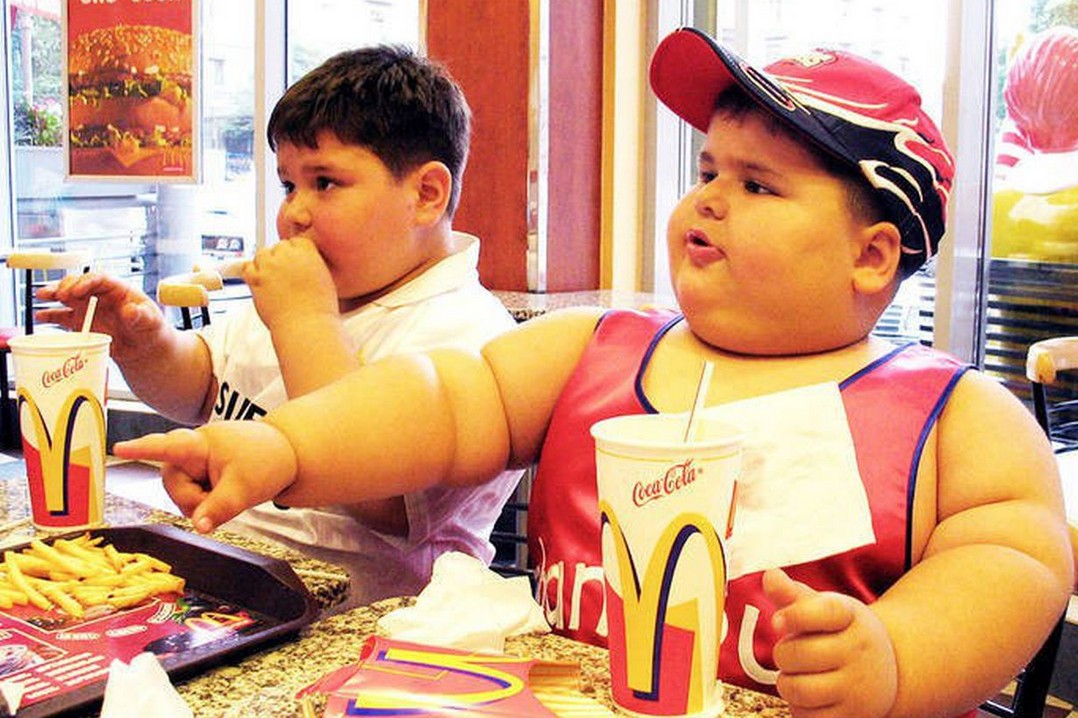Picture this: a piece of advice so drilled into our collective mindset that it rarely gets questioned—“eat less and move more.” But what if that simple mantra isn’t just outdated, but actually harmful?
Over recent decades, obesity has climbed steadily, and experts say it’s time to scrap this tired narrative. Obesity isn’t a moral failing or a lack of willpower—it’s a complex, chronic, relapsing disease woven from biology, environment, economics, and culture. Blaming individuals for failing to follow basic advice not only falls short—it’s deeply misleading.
The Rising Cost of a Crisis
In England alone, obesity affects more than a quarter of adults and over 22% of ten‑ to eleven‑year‑olds. The report estimating the societal cost of overweight and obesity is staggering—£126 billion a year. That covers everything from NHS costs to lost productivity, informal care, and reduced quality of life. And without intervention, that bill could surge to £150 billion by 2035.
Blame the Environment, Not the Individual
It’s time to call out the “obesogenic environment”—a world engineered for weight gain. Cheap, ultra‑processed junk food is everywhere. Our cities are designed around cars, not pedestrians. Kids grow up glued to screens with little green space or cheap, healthy options around.
Public transport deserts. Food deserts. Tiny urban parks. None of these are bad choices—they’re design flaws in our society. And they hit the poorest communities hardest, creating gaps in access that widen health inequalities .
Why “Eat Less, Move More” Fails
Despite growing science, policy is still stuck in the past. It leans on weight‑loss programs that focus on calorie cuts and gym sessions. Those may work for some, but the moralizing tone behind them fuels weight stigma, shaming others as lazy .
Worse? That stigma actually harms physical and mental health—stress and shame sabotage health outcomes. And strangely, weight stigma is most rampant in schools and hospitals, where compassion should come first .
A New Blueprint for Obesity Care
To really turn the tide, experts urge a systemic, science-informed approach, guided by current NICE and Obesity Health Alliance frameworks. Here’s the roadmap:
-
Recognize obesity as a chronic disease.
It’s not about willpower—it’s a medical condition requiring long-term treatment and follow-up, not crash diets. -
Smash weight stigma.
Train health professionals, educators, and employers to use respectful, bias-free language—and enforce anti-discrimination practices. -
Tailor care to each person.
Treatment must reflect a person’s culture, mental health, social setting, and life realities. This means personalized plans, shared decision-making, and integrated support, including mental health resources. -
Change the system, not the people.
Invest in affordable, nutritious food options. Design walkable, activity-friendly communities. Address the economic and social inequalities underpinning obesity.
A Call to Action
We’re at a crossroads. Clinging to “eat less, move more” doesn’t just fall short—it’s actively holding us back while wasting resources and harming lives. Experts now make it clear: what got us here won’t fix the problem.
Redesigning society—from zoning laws to food taxes—requires political will, public investment, and public collaboration. It’s about reframing obesity: not as a personal failure but a collective challenge.
The Only Way Forward
Bulk‑buying produce. Zoning restrictions on fast food. Subsidies for healthy options. Those are small steps. But what’s critical is a shift in mindset—from blame to understanding, support, and system change.
As we stand looking down the road at a projected £150 billion crisis, realize this: it’s not inevitable. We can engineer our way out—literal urban engineering and policy architecture that promote health, not hinder it. But it needs more than willpower. It needs everything to change.
This isn’t about one person, one choice. It’s about architecting well-being into the fabric of our world—because when society changes, individual behaviors follow.




